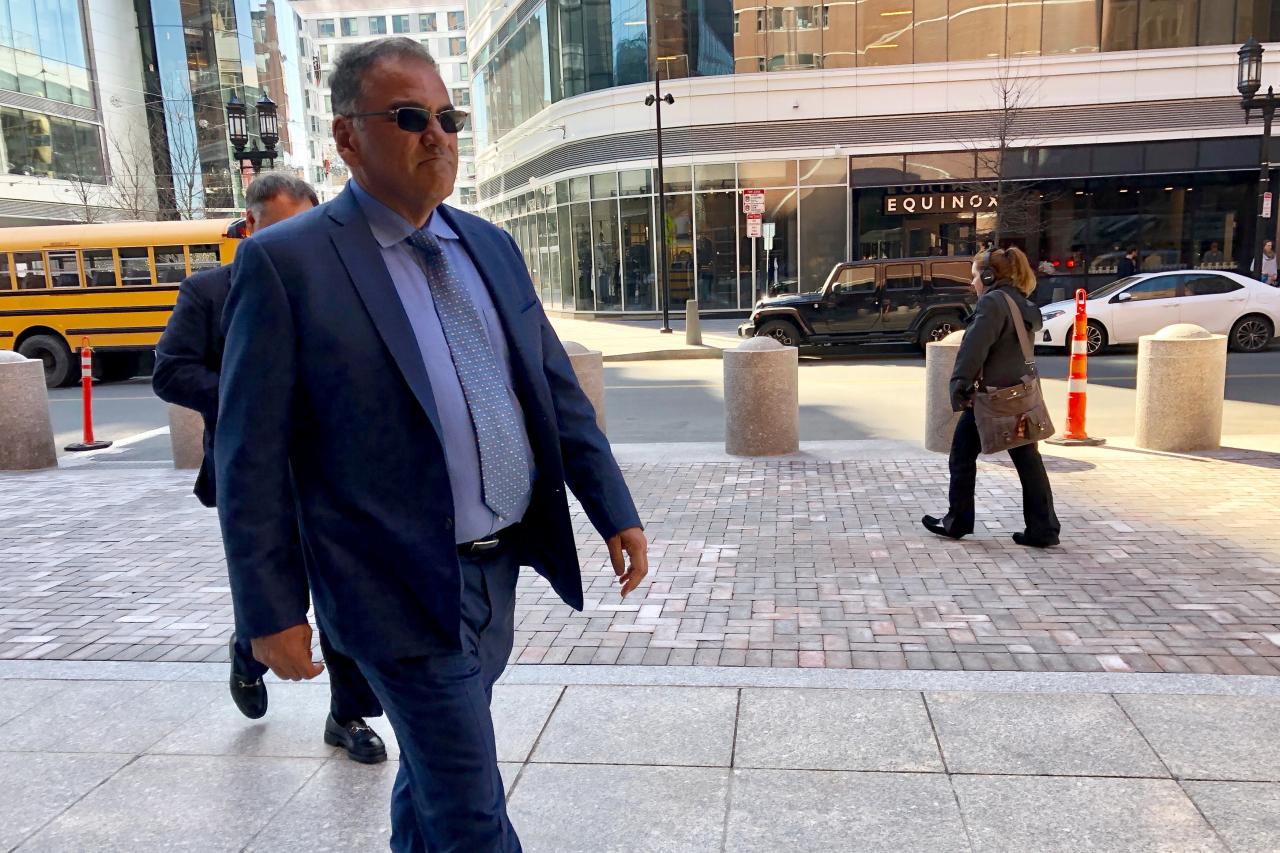Dr. Eduardo Montana, 55, entered his plea in federal court in Boston after Aegerion, a unit of Novelion Therapeutics Inc, agreed in September to pay $40.1 million to resolve U.S. investigations related to its marketing of the drug, Juxtapid.
Montana pleaded guilty to a misdemeanor charge that he wrongfully disclosed patients’ individual identifiable health information. While he faces up to a year in prison, prosecutors have agreed to recommend a term of probation when he is sentenced on June 4.
Montana, who practices in Marietta, Georgia, is the second person so far to face charges in the probe. His lawyer declined to comment.
According to prosecutors, after Aegerion in 2012 received regulatory approval to market Juxtapid for treating high cholesterol in adults with a rare genetic disease, the drugmaker promoted it for use by patients who lacked the condition.
Prosecutors said Aegerion’s sales representatives sought access to patients’ information to identify patients who lacked the genetic disease but whom the company saw as potentially suitable for treatment with Juxtapid. The drug in 2013 cost $295,000 a year per patient.
Prosecutors said that in 2013, Montana gave an Aegerion sales representative a list of 280 pediatric patients with abnormal lipids who had not been diagnosed with the genetic condition to identify patients to be potentially prescribed Juxtapid.
Montana later also disclosed information to a senior Aegerion executive promoting Juxtapid’s off-label uses and provided the sales representative the code to access his electronic medical record system, prosecutors said.
Those patients’ information was protected by the Health Insurance Portability and Accountability Act, and prosecutors said Montana lacked authorization to disclose it.
Montana later sought a $236,000 grant from Cambridge, Massachusetts-based Aegerion, though the drugmaker declined the request, prosecutors said. Aegerion in 2016 merged with QLT Inc and became a subsidiary of the newly named Novelion, based in Canada.
In total, Aegerion agreed to pay $36 million to resolve claims by the Justice Department and pleaded guilty to two misdemeanor counts that it misbranded Juxtapid.
It also entered into a deferred prosecution agreement to resolve a separate federal charge and agreed to pay $4.1 million to resolve a related U.S. Securities and Exchange Commission case.
Reuters




